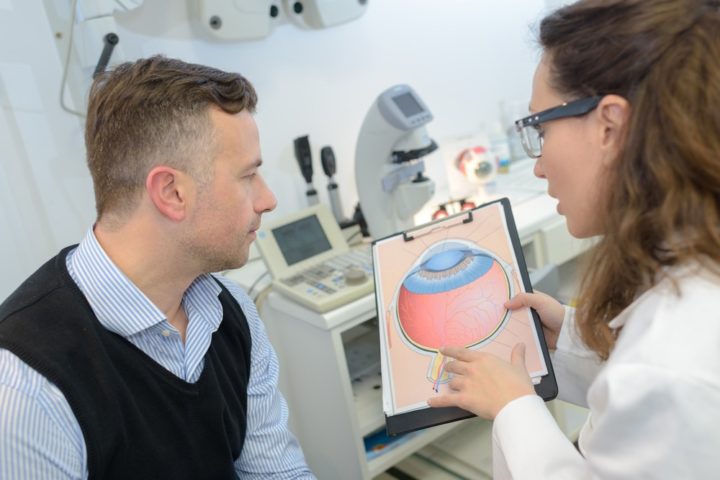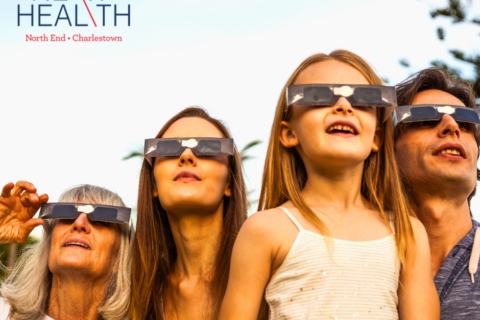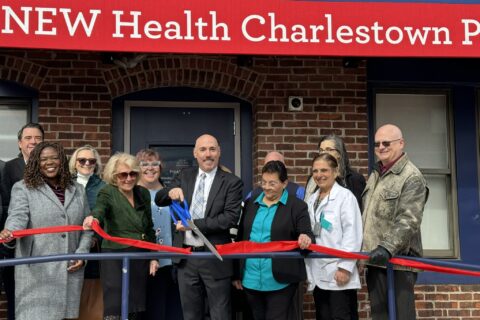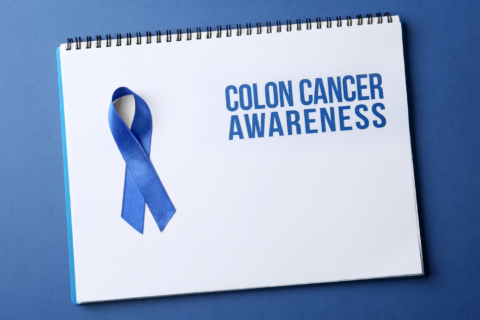National Glaucoma Awareness Month is an important time to spread the word about this sight-stealing disease. Glaucoma is a group of eye diseases that gradually steal sight without warning and is the leading cause of irreversible blindness. Although the most common forms primarily affect the middle-aged and the elderly, glaucoma can affect people of all ages. Currently, more than 3 million people in the United States have glaucoma, and experts estimate that half of them don’t know they have it. The National Eye Institute projects this number will reach 4.2 million by 2030, a 58 percent increase. Moreover, among African American and Latino populations, glaucoma is more prevalent.
What is Glaucoma? – When fluid cannot drain properly from your eye, the pressure is not regulated and builds, damaging the optic nerve. As glaucoma damages the small fibers in the optic nerve, your vision worsens. If all of the fibers are gone, you will become blind. As much as 40% of vision can be lost without a person noticing. Glaucoma is called “the sneak thief of sight” since there are no symptoms and once vision is lost, it’s permanent. There is no cure for glaucoma—yet. However, medication or surgery can slow or prevent further vision loss. The appropriate treatment depends upon the type of glaucoma among other factors.
Risk Factors – Are you at risk for glaucoma? Those at higher risk include people of African, Asian, and Hispanic descent. Other high-risk groups include: people over 60, family members of those already diagnosed, diabetics, people with chronic steroid usage, and people who are severely nearsighted. Regular eye exams are especially important for those at higher risk for glaucoma, and may help to prevent unnecessary vision loss.
Regular Eye Exams are Important – The World Health Organization estimates that 4.5 million people worldwide are blind due to glaucoma. In the most common form, there are virtually no symptoms. Vision loss begins with peripheral or side vision, so if you have glaucoma, you may not notice anything until significant vision is lost. Early detection is vital to stopping the progress of the disease. The best way to protect your sight from glaucoma is to get a comprehensive eye examination. Then, if you have glaucoma, treatment can begin immediately.
For more information, please visit https://www.aoa.org/patients-and-public/eye-and-vision-problems/glossary-of-eye-and-vision-conditions/glaucoma






